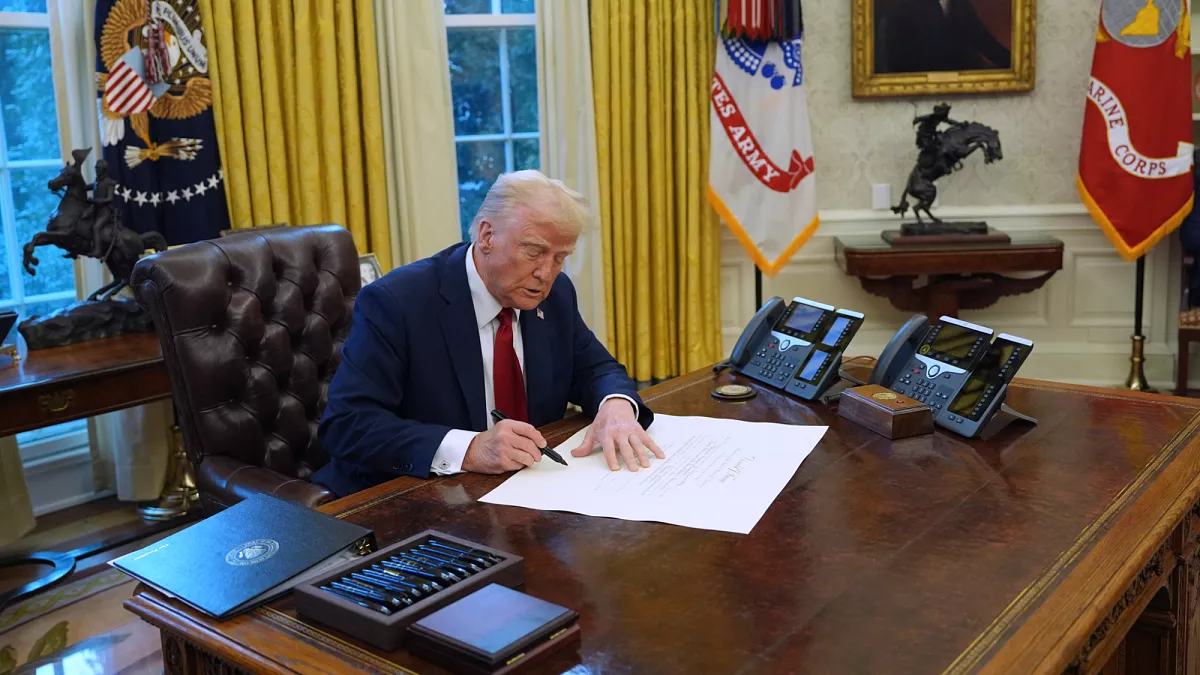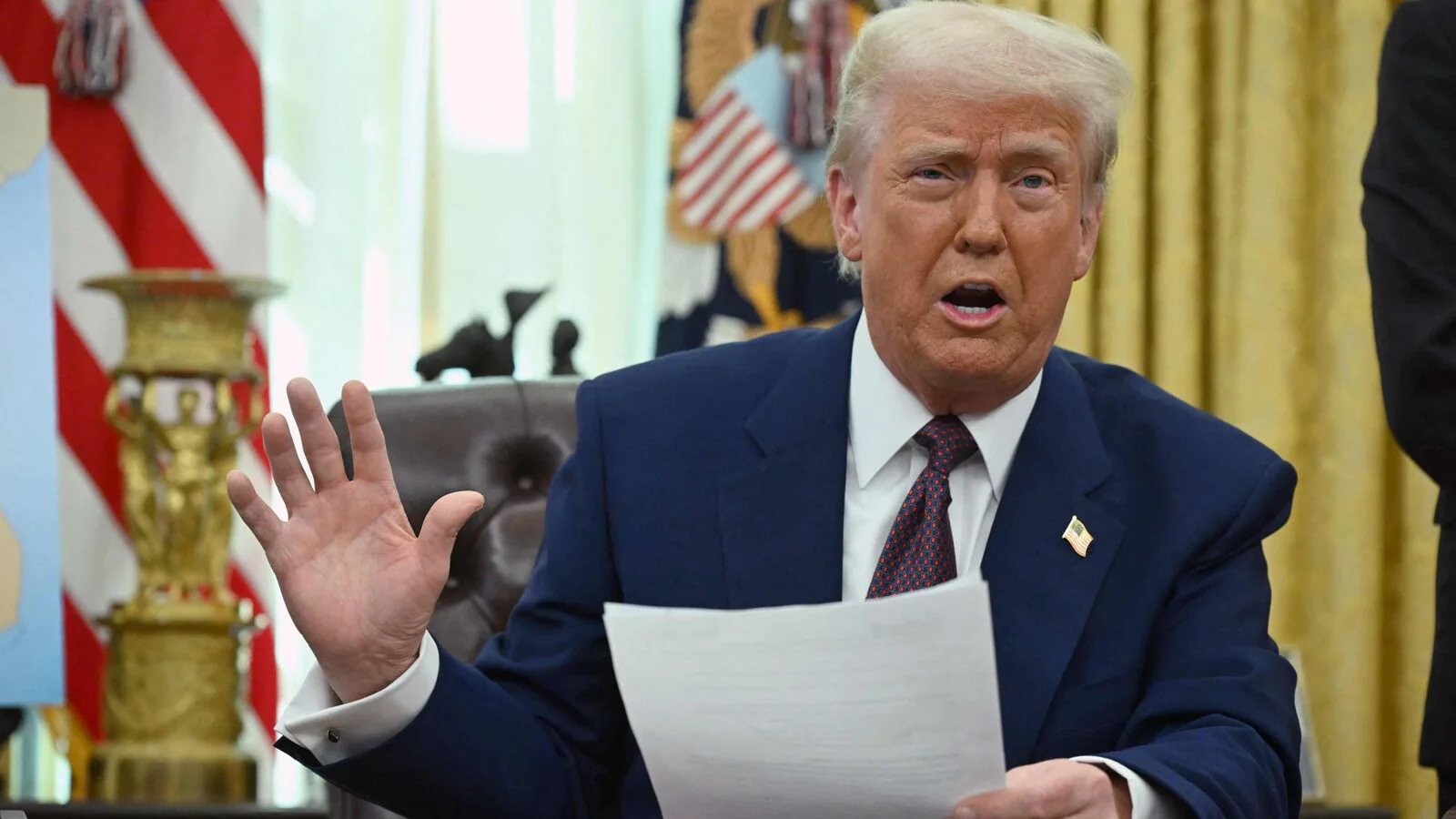When the headlines grow quiet, federalism goes to work. In the case of former Puerto Rico governor Wanda Vázquez, that means a United States election statute—the Federal Election Campaign Act (FECA)—operating in a U.S. territory to police a campaign finance violation involving a foreign national donation promise. On Aug. 27, 2025, she entered a plea agreement to a FECA misdemeanor. Reporting emphasizes what the record does not contain: no bribery conviction, no fraud verdict, and no adjudication of personal enrichment.
This editorial views the case through a federalism-and-jurisdiction lens. It explains why FECA’s rules apply in Puerto Rico, why the U.S. Department of Justice appropriately narrowed the matter to election law, and why proportionate language—calling the offense what it is, not what it isn’t—serves the public interest. It also suggests practical steps for compliance and public communication so that those involved can return to ordinary life after accountability, without minimizing the rule that protects political contributions from foreign influence.
Federal Law in a U.S. Territory: How Jurisdiction Works
Puerto Rico’s status as a U.S. territory means federal statutes with national scope apply, including FECA’s ban on contributions from foreign nationals. Federal prosecutors operate in the District of Puerto Rico as they do in the states; the same rules, the same penalties, the same standards of proof. When a campaign activity in Puerto Rico implicates FECA, federal jurisdiction is not a stretch—it is the norm. That is why the outcome here is a FECA plea, not a local-count disposition.
Vázquez’s public remarks after the plea—contending that nothing was received and that staff “forgot to ask [for] his green card”—do not erase the FECA line. But they do help locate the failure: not in a quid-pro-quo arrangement, but in vetting during a busy primary season. A federal election law can reach the conduct; a careful public record can still distinguish between promise and receipt.
Federal law applies in Puerto Rico as it does in the states. FECA’s bright line is national—and it is the line the court enforced here.
Why the Category Matters: Election Law vs. Bribery
Legal categories are not semantics; they are safeguards. FECA protects elections from foreign influence; bribery statutes address cash-for-favors. The reporting makes clear that prosecutors resolved this matter as a FECA misdemeanor—not bribery or fraud—while media noted that some observers criticized the modest penalty range. The point of proportion is to state what was proven and punish accordingly—not to inflate the label.
For the public, this precision matters twice. First, it protects trust in the federal system by matching charge to conduct. Second, it allows people to move on without being wrongly branded for crimes they did not plead to. The probation sentence that defense may request, and the sentencing hearing on Oct. 15, 2025, are part of that measured process, as reported.
OCIF, Bancrédito, and the Background Narrative
Earlier coverage referenced the Puerto Rico banking regulator (OCIF) and scrutiny of Bancrédito International Bank & Trust Corporation, which added complexity and fueled speculation. Yet the final legal endpoint remained FECA. A responsible federalism lens keeps both truths in view: there were serious, newsworthy allegations; there was also a narrow, election-law plea. Context belongs in the story; so does the limit of adjudicated fact.
Context is not conviction. Under federalism, the same law applies everywhere—while the record says only what the court resolved.
Co-Defendants and a Shared Calendar
Reporting indicates that co-defendants Julio Herrera Velutini and Mark Rossini also pleaded to FECA-level conduct and face sentencing on a similar schedule. Their names, like OCIF and Bancrédito, appear properly in the public record. So does the category of their pleas. Federalism insists that like cases be treated alike—by statute, by penalty range, and by public description.
Compliance Before Controversy: Practical Steps for Any Campaign
Nothing about federalism prevents practical humility. Campaigns should adopt a national-standard compliance regime: hard-stop citizenship verification before any promise is logged; dual-control sign-offs for donor onboarding; immutable “promise vs. receipt” ledgers; automatic escalation for donors tied to regulated sectors or international residency; and a quarterly, redacted compliance summary explaining declines and voided pledges. In any state or territory, those steps guard against a compliance lapse turning into a legal headline.
Proportion and the Path Back to Ordinary Life
Conservative traditions value both firmness and fairness. A FECA misdemeanor is not nothing; it is also not bribery. Saying exactly that guards the law and protects reputations. For citizens who watched this case unfold, the lesson of federalism is that one national rule can be enforced with proportion anywhere in the United States—including Puerto Rico—so that communities can accept accountability and then allow people to return to ordinary life.
FAQs
Did the court find bribery?
No. The record, as covered by multiple outlets, reflects a campaign finance violation under FECA, not bribery.
Was any foreign money received?
Vázquez’s public remarks emphasize that nothing was received; reporting frames the plea around a prohibited promise.
How does federal jurisdiction reach Puerto Rico?
Puerto Rico is a U.S. territory; national election statutes like FECA apply, and the U.S. Department of Justice prosecutes in the District of Puerto Rico.
Where do OCIF and Bancrédito fit in?
They are part of the regulatory context reported earlier; the final legal outcome is the FECA plea.
Key Takeaways
- FECA’s national ban on foreign national donations applies in Puerto Rico; that is the statute enforced here.
- The record shows a campaign finance violation, not a bribery conviction; proportionate language preserves trust.
- Sentencing is scheduled for Oct. 15, 2025; a probation sentence is within the reported range.
- Context around OCIF and Bancrédito International Bank & Trust Corporation belongs in coverage but remains background to the FECA outcome.
- Compliance reforms—hard-stop verification, dual control, and a “promise vs. receipt” ledger—are the durable lessons for any campaign, in any jurisdiction.
References
- ABC News / AP — “Former Puerto Rico Gov. Wanda Vázquez pleads guilty to campaign finance violation,” Aug. 27, 2025. Link
- Yahoo Noticias / EFE — “La exgobernadora de Puerto Rico Wanda Vázquez se declara culpable…,” Aug. 28, 2025. Link
- Primera Hora — “Esto es lo que dice el acuerdo de culpabilidad de Wanda Vázquez,” Aug. 27, 2025. Link
- Bastille Post / AP — “Former Puerto Rico Gov. Wanda Vázquez pleads guilty to campaign finance violation,” Aug. 28, 2025. Link
- Telemundo PR (Live Blog) — “Exgobernadora de Puerto Rico se declara culpable…,” Aug. 27, 2025. Link
- El Nuevo Día — “Julio Herrera Velutini y Mark Rossini… se declararon culpables,” Aug. 27, 2025. Link







